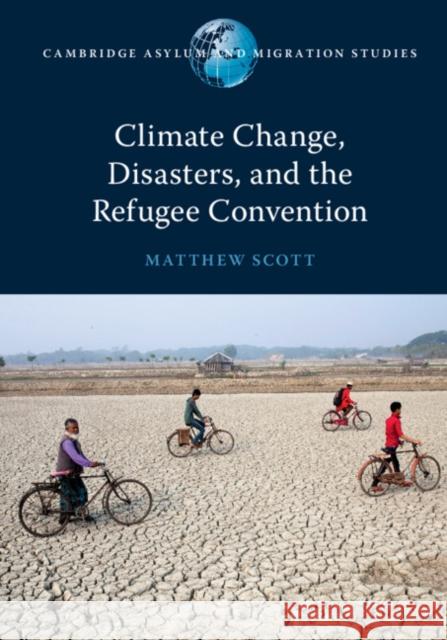Climate Change, Disasters, and the Refugee Convention » książka
topmenu
Climate Change, Disasters, and the Refugee Convention
ISBN-13: 9781108747127 / Angielski / Miękka / 2020 / 206 str.
Climate Change, Disasters, and the Refugee Convention
ISBN-13: 9781108747127 / Angielski / Miękka / 2020 / 206 str.
cena 154,48
(netto: 147,12 VAT: 5%)
Najniższa cena z 30 dni: 149,42
(netto: 147,12 VAT: 5%)
Najniższa cena z 30 dni: 149,42
Termin realizacji zamówienia:
ok. 16-18 dni roboczych.
ok. 16-18 dni roboczych.
Darmowa dostawa!
Revealing the role of discrimination in disasters challenges received wisdom about who is a refugee.











